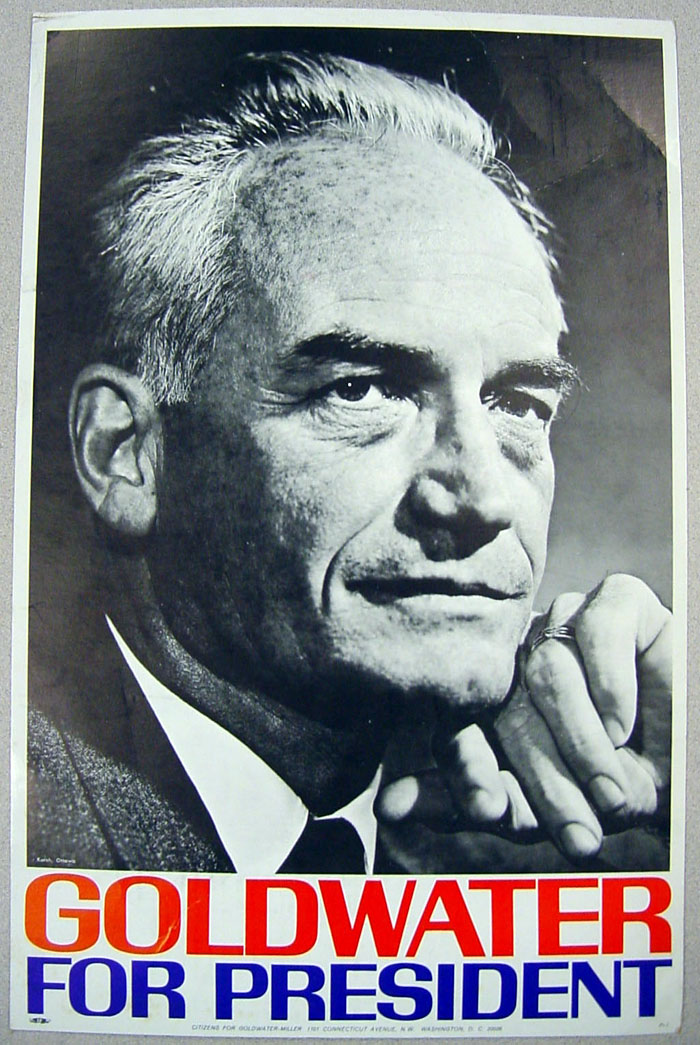What will Republicans become?
In what is now a seemingly prophetic quip, political humorist P.J. O'Rourke once said, "The Democrats are the party that says government will make you smarter, taller, richer, and remove the crabgrass on your lawn. The Republicans are the party that says government doesn't work and then they get elected and prove it."
Starting with presidential candidate Barry Goldwater in 1964, the Republican Party became the party of limited government, low taxes, and individual rights and responsibilities.
Under these premises they put Nixon into office, and he failed to deliver. His failure prompted the election of Jimmy Carter, who, in fairness, did more for deregulation and limited government than Nixon could have dreamed of.
 Ronald Reagan soon followed, offering more deregulation and lower taxes. As the walls of communism collapsed, suddenly the elites, including presidential hopeful Bill Clinton, realized that free markets and limited government did work.
Ronald Reagan soon followed, offering more deregulation and lower taxes. As the walls of communism collapsed, suddenly the elites, including presidential hopeful Bill Clinton, realized that free markets and limited government did work.
The election of a moderate free trader and deregulator like Clinton in 1992 sent the Democrats into an identity crisis.
This identity crisis, along with a "Contract With America" (promises to pursue limited government that were usually only technically fulfilled) allowed the Republicans to take power in Congress for the first time in three decades in 1994.
Fourteen years later, it looks like the Republican Party never intended to win that election. Perhaps the GOP leadership thought that making promises of limited government could get a few more party members elected – after all, it had worked well since 1964 - and with a Democrat majority they would never have to fulfill those promises and could thus keep the pork flowing to their friends.
By 2001, the Republican Party was clearly no longer a party of limited government, despite dominating the House and Senate and controlling the White House. Instead, Republicans, under George W. Bush and Karl Rove, pushed Republicans toward big government, via a de facto patronage system under which new groups of citizens would now owe the party their votes and financial support in exchange for special government favors.
Thus, since 2006 the Republicans have been going through an identity crisis. When Democrats from 1992-2000 faced a similar challenge, they ultimately chose to elevate far-left politicians like Nancy Pelosi, John Kerry and Howard Dean to positions of prominence, and allowed labor unions and radical environmentalists to take the reins. Moderate Democrats who favored semi-free markets and semi-limited government, like Bill Clinton, were marginalized.
So the question now is this: When the Republicans emerge from this crisis, who will be left standing? The big-spending "Rockefeller Republicans" like George W. Bush, or the rugged, free-market individualists like Ronald Reagan and Barry Goldwater? Will Republicans bow to the special interests of big corporations that seek privileges at the expense of everyone else? Or will they support the right of individuals to act as free people, pursuing their own interests, absent from coercion and under their own volition?





